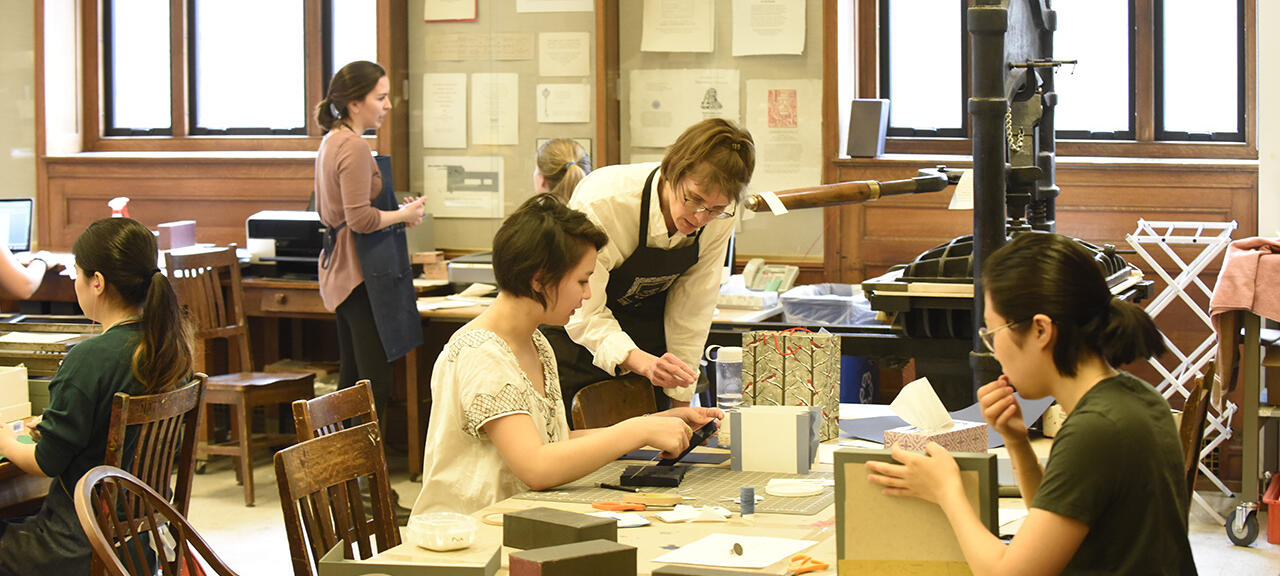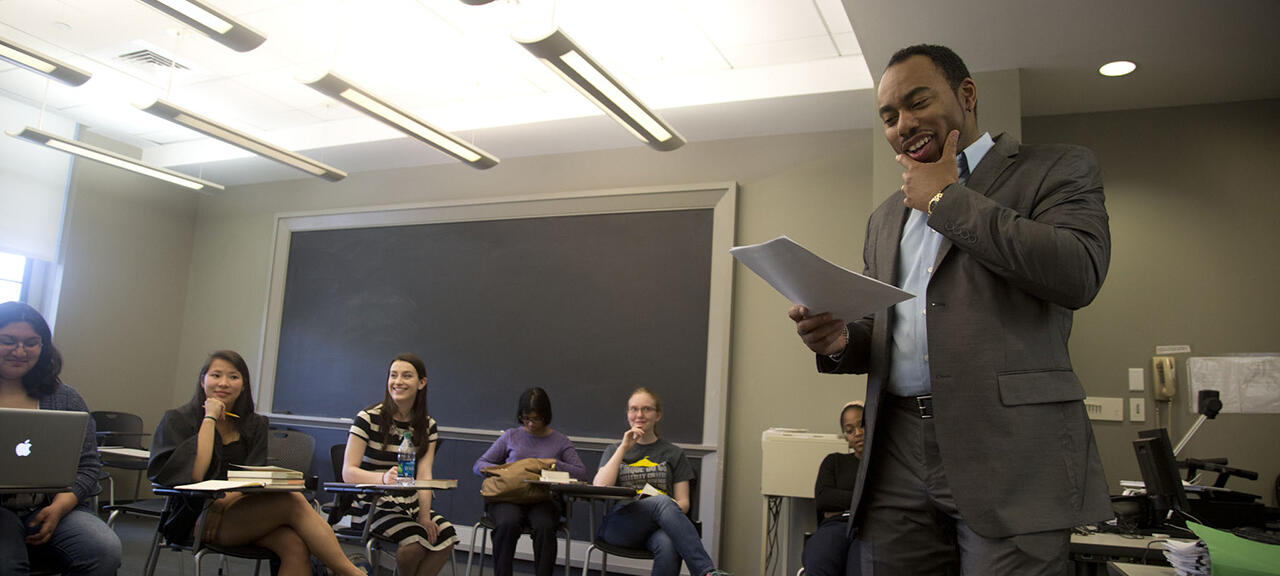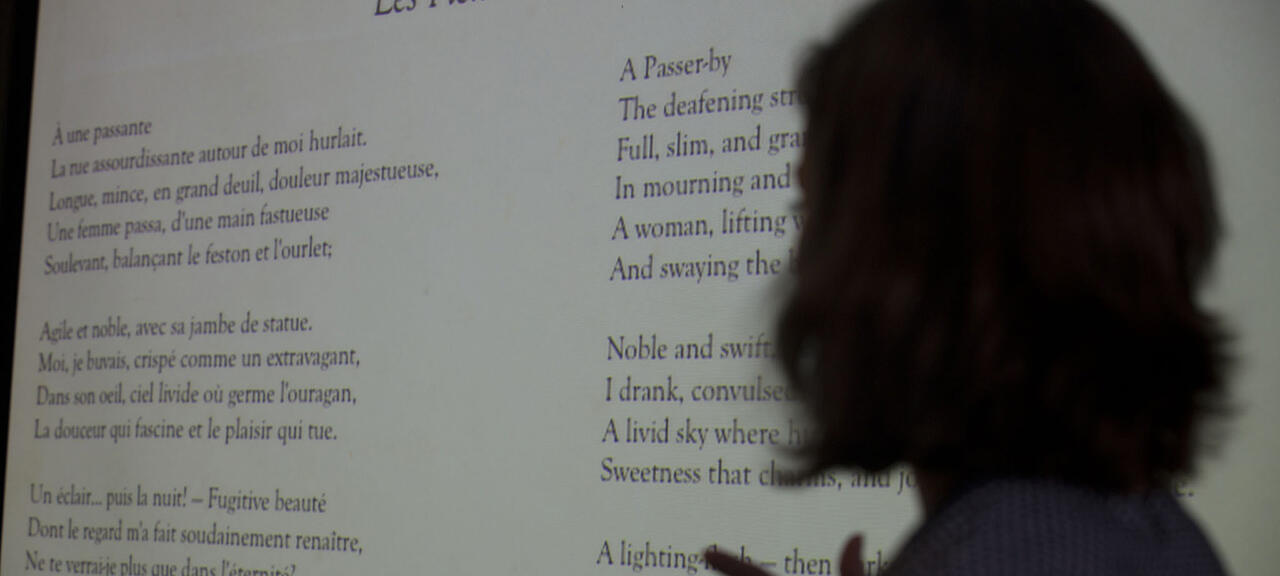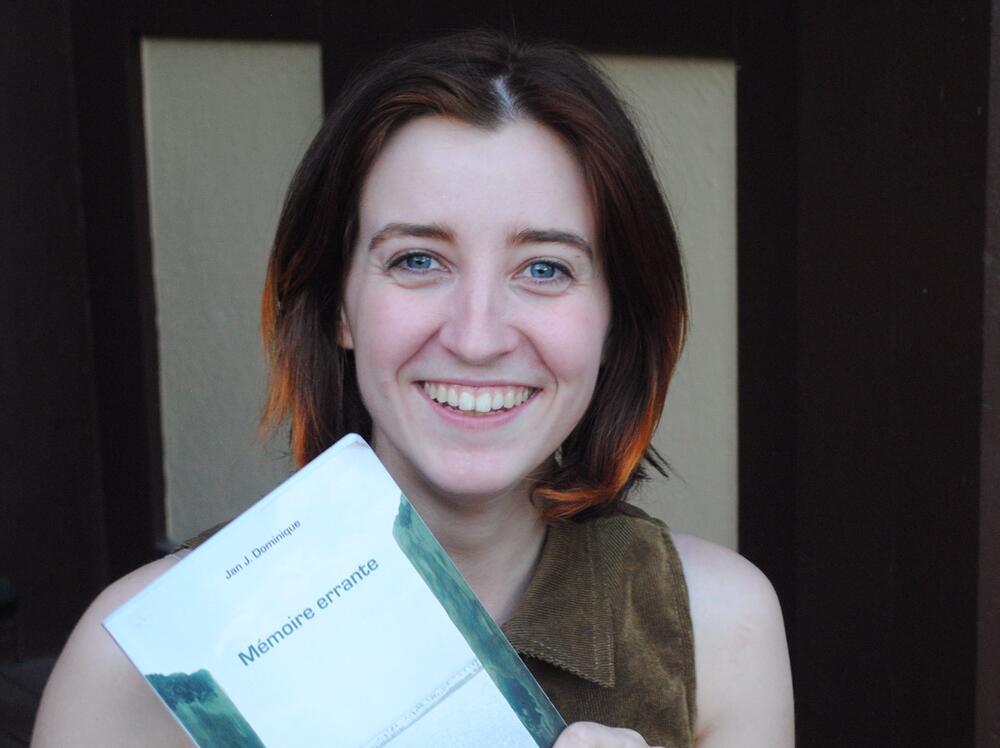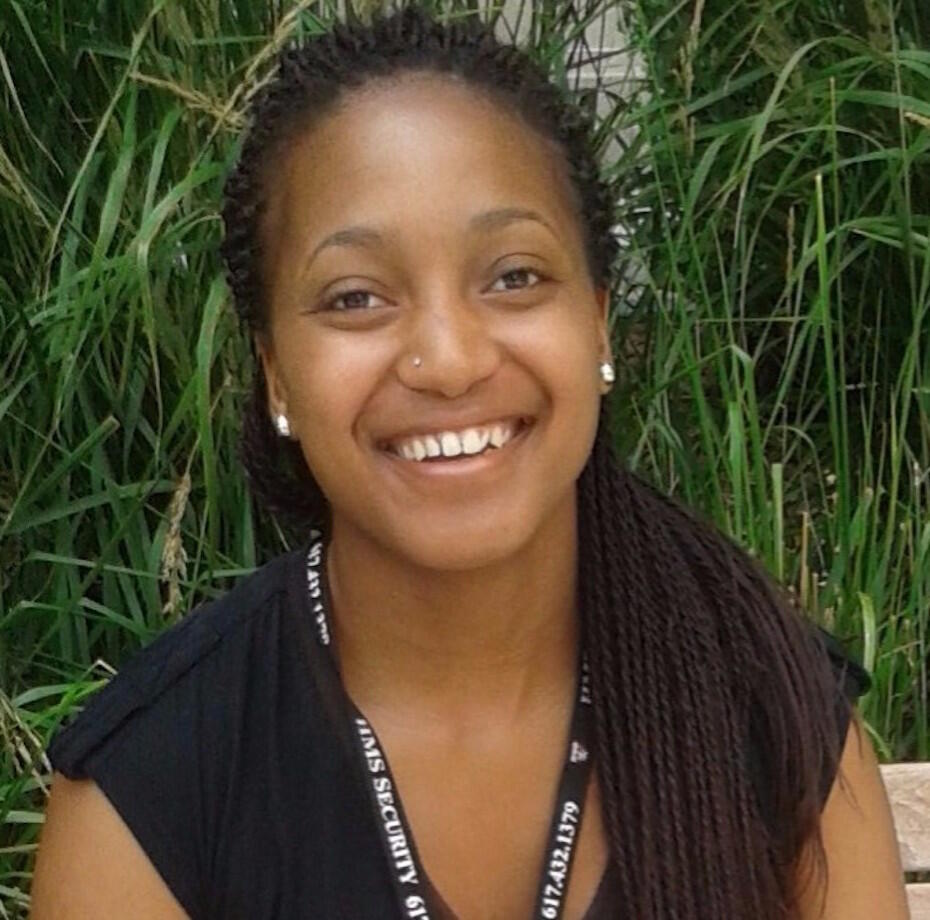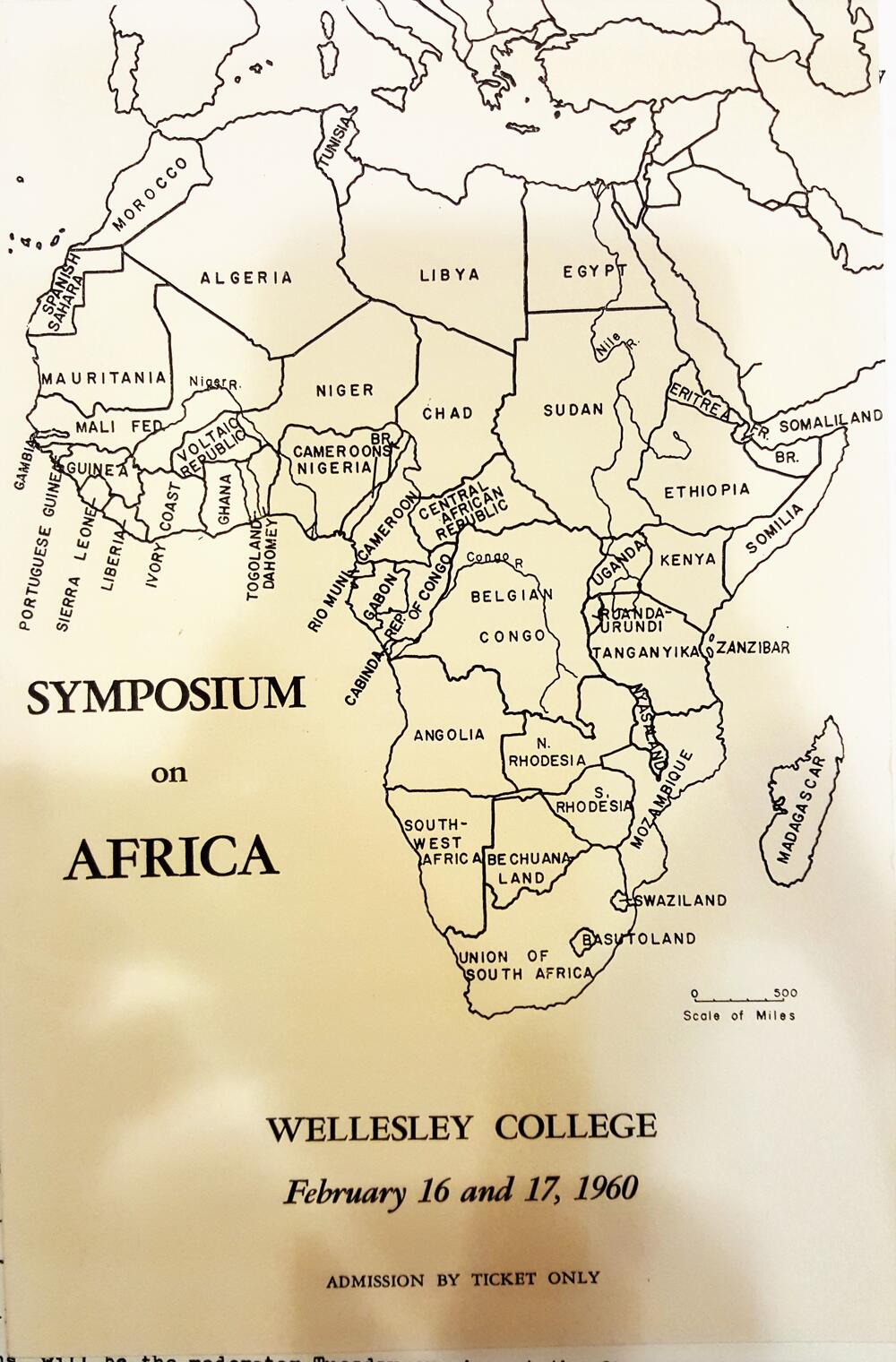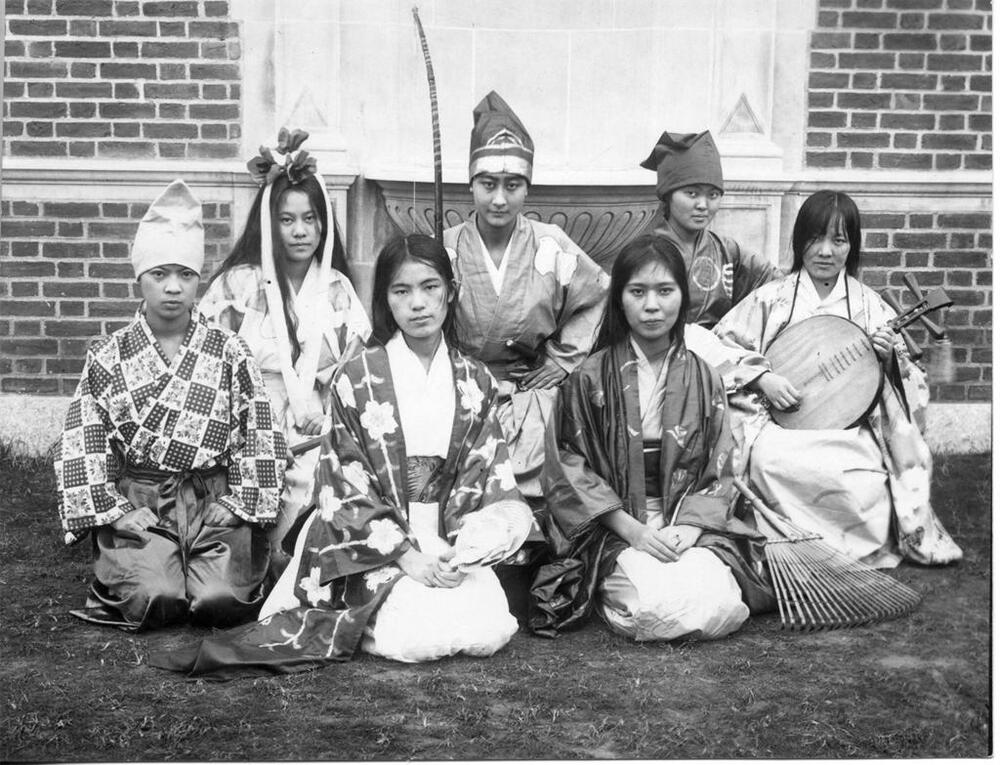The Sea Islands off the coast South Carolina, Georgia, and Florida, also known as the Lowcountry, have been home to the Gullah-Geechee community for the past three centuries. The Gullah-Geechee people are African Americans who are descended from the enslaved people who worked the rice and cotton plantations in the Low Country region of Georgia and South Carolina, and who continue to live on the mainland and regions ’Sea Islands to this day. These people have a rich culture; more than any other African Americans, the Gullah-Geechee have been able to retain many aspects of West African culture, from language, to music, to land usage traditions. Unfortunately, the survival of the Gullah-Geechee currently is threatened by a variety of factors-social, economic, and environmental. Today, the people are faced with displacement from their traditional lands and the cultural traditions associated with that land due to the impacts of the rise of tourism and private residential communities. On no Lowcountry island are these challenges more apparent than on Hilton Head, an island off the coast of South Carolina that is one of the most popular tourist destinations in the South. The purpose of this thesis is to examine through a historical lens how the interaction of the Gullah people of Hilton Head island with the land has intersected and been impacted by changes to that land, the justice implications of those intersections, and how the story of the Gullah people and the development of Hilton Head for tourism and private residential communities can add to the literature of environmental studies, environmental justice, and the broader history of African Americans in the United States.
